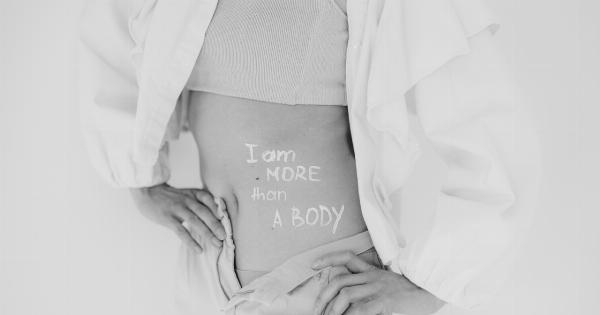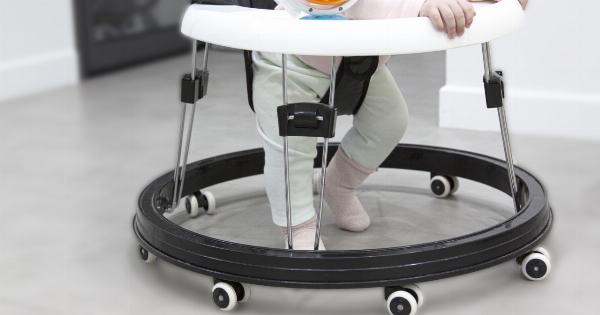Welcome to week 31 of your pregnancy! The third trimester can be both exciting and challenging as you prepare for the arrival of your little one.
At this stage, your baby is rapidly growing and maturing, and there are many important developments taking place. Let’s take a closer look at what you can expect during week 31 and how you can take care of yourself during this crucial time.
How Big is Your Baby at 31 Weeks?
Your baby is now the size of a coconut, measuring about 16 inches in length and weighing around 3.3 pounds. While your baby still has some growing to do, he or she is already gaining weight rapidly and will continue to do so over the coming weeks.
What’s Happening with Your Baby?
Your baby’s senses continue to develop during week 31. He or she is now able to distinguish between light and dark and may even react to bright lights shining on your belly.
Your baby’s lungs are also developing further, and he or she is practicing breathing movements in preparation for life outside the womb.
Additionally, your baby’s brain is growing at a remarkable rate, forming billions of neural connections. This rapid development will continue even after birth, but it is particularly active during the third trimester.
The digestive system is also preparing for independent feeding, as your baby starts producing meconium, the first stool that will be passed after birth.
How Are You Feeling?
By week 31, you may be experiencing a mixture of excitement and anticipation, as well as physical discomforts. Your growing belly can put strain on your back, causing lower back pain.
It is essential to practice good posture and use pillows for support while sleeping or sitting to alleviate some of the discomfort. Swelling in your legs and ankles is also common during this time, so make sure to elevate your legs whenever possible and avoid standing or sitting for prolonged periods.
Sleeping may become more challenging as your baby’s movements increase and getting comfortable becomes harder.
If you’re finding it difficult to get a good night’s rest, try using extra pillows for support or try out different sleeping positions. Some women find sleeping on their side with a pillow between their legs to be the most comfortable option.
Your Body’s Changes
As your uterus continues to expand, you may notice some increased pressure on your bladder, leading to more frequent trips to the bathroom. This is completely normal but can be inconvenient at times.
It’s important to stay hydrated during pregnancy, but try to limit your fluid intake in the evening to reduce nighttime disruptions.
You may also experience Braxton Hicks contractions, which are sporadic uterine contractions that prepare your body for labor. While these contractions are usually not painful, they can be uncomfortable.
If you notice that the contractions become regular, increase in intensity, or are accompanied by other symptoms such as bleeding, contact your healthcare provider.
What to Do This Week
As your due date approaches, it’s a good idea to start thinking about your birth plan and discussing it with your healthcare provider.
This plan outlines your preferences for labor and delivery, such as pain management options, who will be present during the birth, and any special requests you may have. It’s important to remember that even with a carefully crafted birth plan, flexibility may be necessary as labor can be unpredictable.
You can also start preparing for your baby’s arrival by setting up the nursery, washing baby clothes and blankets, and packing your hospital bag.
Make a list of essential items you’ll need for the hospital, such as comfortable clothes, toiletries, nursing bras, and other personal items.
Finally, don’t forget to take some time for self-care. Pregnancy can be physically and emotionally demanding, so give yourself permission to rest and pamper yourself when needed.
Schedule a prenatal massage, go for a leisurely walk, or indulge in a relaxing bath. Taking care of yourself is crucial as you prepare to welcome your little one into the world.
























